Coral Reef Laser Quadrat
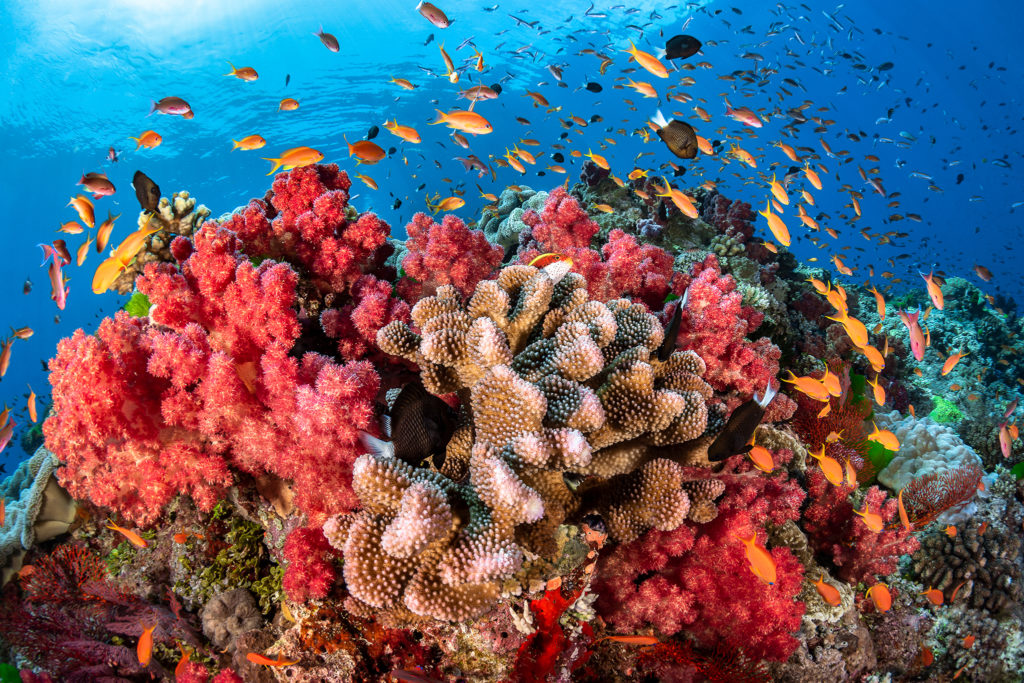
https://www.instructables.com/id/Laser-Quadrat-for-Coral-Reef-Mapping/
How do we measure coral reefs right now?
Coral reef scientists currently use a cumbersome, intrusive mechanical quadrat. To measure coral, they need to and drop the quadrat on the coral, potentially damaging coral while trying to study and protect it. Coral take years to regenerate, yet they can be damaged in seconds. What is the use of measuring corals’ health when you are damaging it yourself?
A laser quadrat is meant to be non-invasive, lighter, and harmless to corals. We do not expect the laser to be more intrusive than a camera flash. Damage to fish eyes is unlikely as the laser may come into contact with their retina for a negligible amount of time.
This is still at the prototypical stage, we intend to replace red lasers which don’t shine very well in blue/green water with green lasers.
What is a “laser quadrat“?
It is an upgrade of a conventional quadrat.
The goal is to make coral mapping:
– more accurate
– affordable
– faster
– safer
The Issue
We are interested in mapping coral reefs. We are specifically concerned with any changes to the coral formation (size & shape) and health (color). Most structures that we call “coral” are, in fact, made up of hundreds of thousands of tiny coral creatures called polyps that live on the seafloor. They usually live in shallow water, where conditions are right for most corals to grow.
Coral is very important because many marine organisms live and breed around corals, and if corals dies, the fish that lives around in them are left homeless and the fish may die. Then, their predators die, and so on, we call this a “Trophic Cascade“. This is why corals matter.
Corals are extremely sensitive; to coral reefs, a little goes a long way. Even a very tiny change in temperature is enough to stress out the corals and cause the coral to bleach. Corals can recover from bleaching if temperatures go back to normal, but prolonged bleaching might eventually kill the corals. Global warming and El-Nino in particular, anchor-dragging (must watch video), cyanide and dynamite fishing, other forms of water pollution, poaching, are causing unprecedented stress on coral, but it takes hundreds of years for corals to fully regenerate.
Current monitoring only allows for small areas to be studied at the time. We hope to upgrade coral reef mapping with laser technology.
Project lead by Cesar Jung-Harada, at the Harbour School.

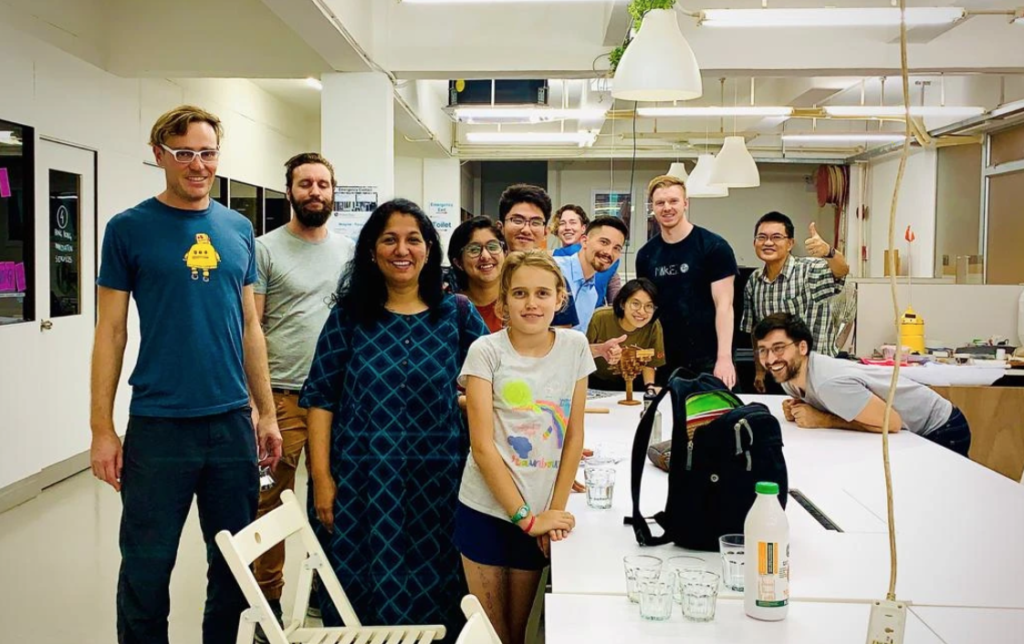
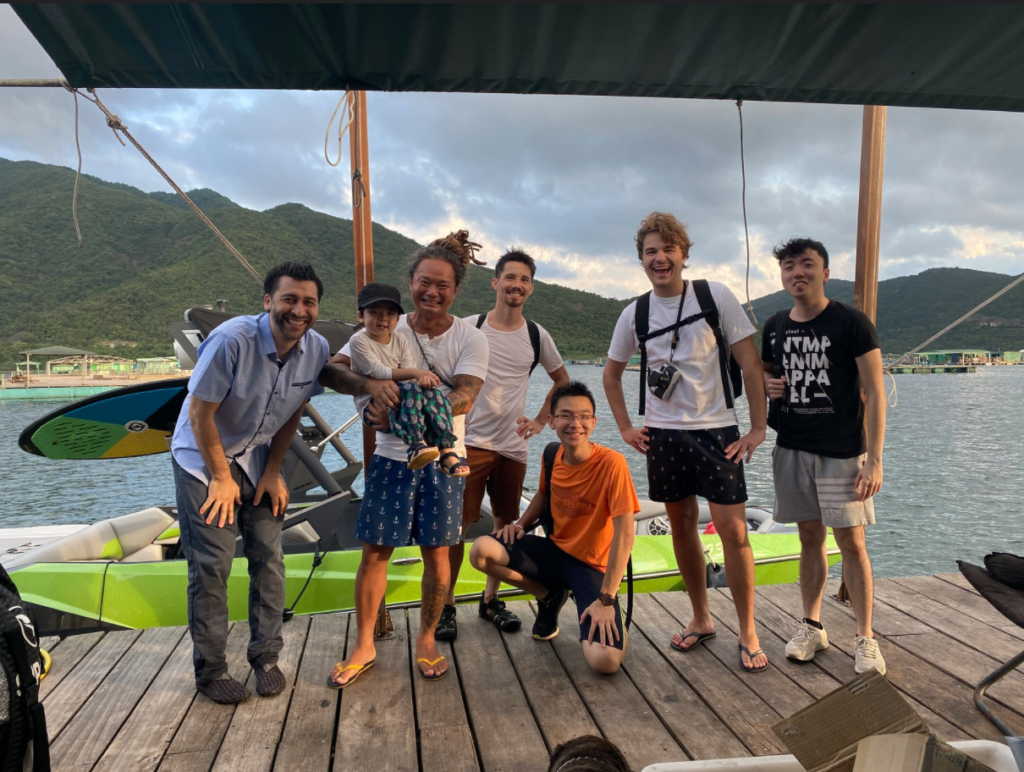
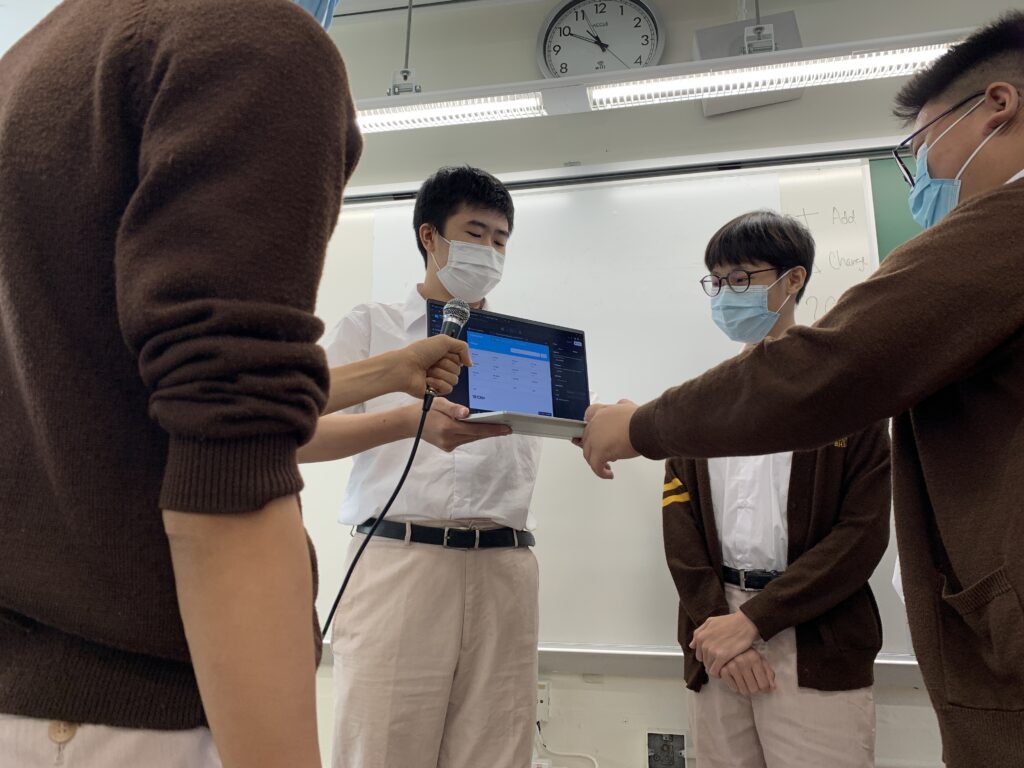

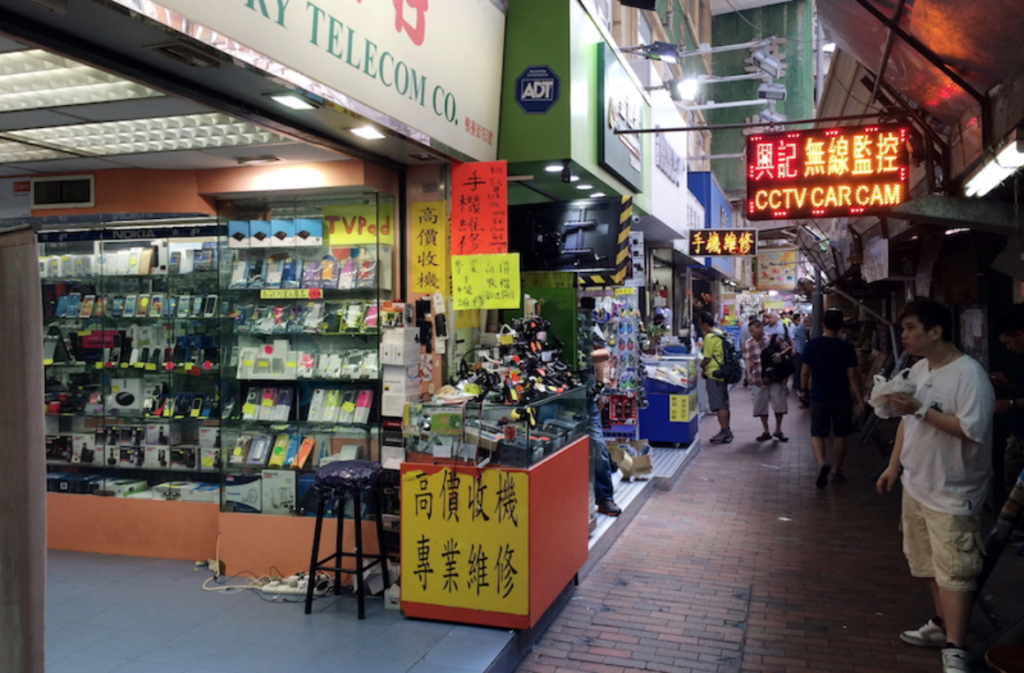

Responses